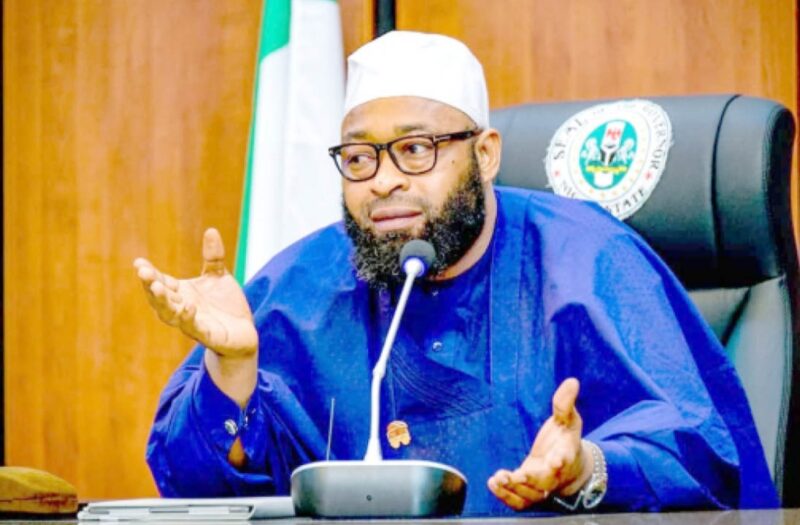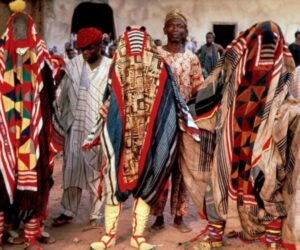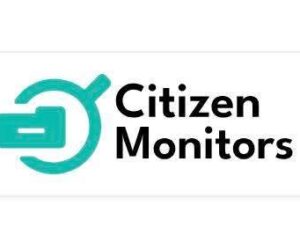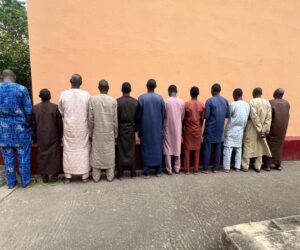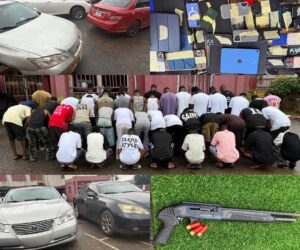Governor Umar Bago of Niger State has announced that it is now mandatory for preachers in the state to submit their sermons for approval before delivery.
Speaking during an interview on TVC’s Politics on Sunday, the governor explained details of the controversial law regulating religious preaching in Niger State.
“I didn’t ban evangelism… For everyone going to sermon on Friday, he should bring his scriptures for review, and it’s normal. Even in Saudi Arabia, this is done. We cannot say because you have been given the opportunity to be a cleric, you will go out and preach the gospel that is anti-people, anti-government and you think it’s normal,” Governor Bago stated.
Advertisement
READ MORE : Ondo Police Arrest Fake Army Colonel Over ₦1.37m Job Scam
When asked if the decision was motivated by concerns over indoctrination, the governor confirmed that the move was partly in that direction. “We want to be able to see what they are preaching, hear what they are saying. We are working together with security agencies; the Department of State Services (DSS), the Police, Nigeria Security and Civil Defence Corps (NSCDC) and the military,” he explained.
The development, which was first made public earlier in September, has generated widespread debate across the state.
Umar Farooq, the Director General of the Niger State Religious Affairs, had earlier disclosed that any individual wishing to preach must first obtain a licence. He added that preachers had two months to comply with the directive.
“It is true, the State Government has banned preaching. Any preacher who wants to preach must secure a licence between now and the next two months. All they need to do is to visit our office, get, and fill out the form. After which, they will have to face a panel that will screen them before they can start preaching,” Farooq explained.
However, the directive has drawn mixed reactions from religious leaders. The Chief Imam of the Federal University of Technology, Minna, Bashir Yankuzo, acknowledged that while preaching is a divine duty, government may intervene if sermons pose security risks.
“My opinion is that preaching is a command. The government is not paying anyone for doing the job; people are preaching in order to earn the pleasure of God. So, the government cannot dictate who to preach to and who not to preach. But at the same time, if there are people who are going out of their way to cause security threats, using abusive words and so on, then government can have control over that in order to maintain peace and security,” Yankuzo said.
Similarly, the secretary of the Christian Association of Nigeria (CAN), Niger State chapter, Raphael Opawoye, said the body was unaware of the directive. “The Christian Association of Nigeria is not aware of the ban. We shall come up with a statement when we are officially informed,” he said.
On the other hand, Islamic scholar Uthman Siraja described the law as a violation of religious rights.
“The ban on preaching is an infringement of freedom of worship and religion. The best thing for the government to do is to invite and penalise any preacher who incites the public in the course of his preaching,” Siraja argued.

